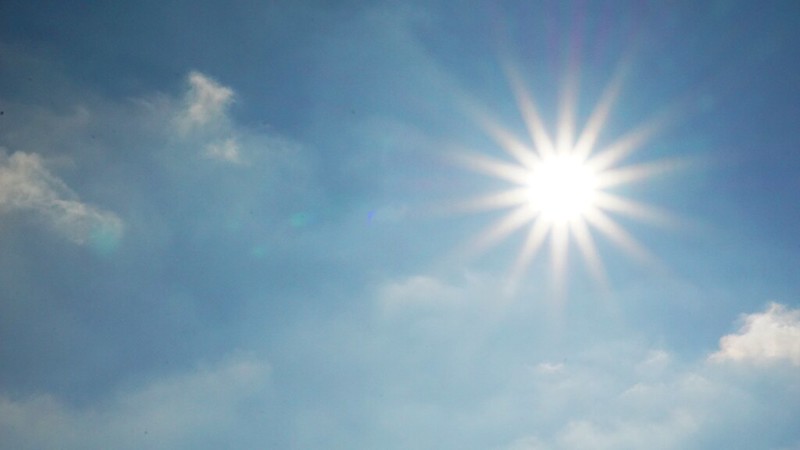
A cold, dreary winter might be what comes to mind when we think of “seasonal depression.” But there is mounting evidence that hot summers — especially during heat waves — can bring us down too.
Extreme temperatures, like the ones Middle Tennessee experienced this week, could contribute to poorer community mental health overall, and for those with existing mental health conditions, it can be especially dangerous.
Dr. Aaron Brinen is a psychologist and assistant professor at Vanderbilt University Medical Center*. He says miserable periods of heat could be rough on anyone because it can take away some normal coping opportunities, like exercising outside or getting a change of scenery.
“If I’m having a bad day, I could, you know, jump in the car and go to a coffee shop, or walk Radnor Lake,” he said. “But when it’s hot, we’re stuck in the house.”
Since we reached 100 at BNA yesterday, and there's the potential to do it again today and Tuesday, here are some climatology stats: The last time we reached 100 degrees two days in a row was last year on August 24-25. #hot #humid #summertime
1/2
— NWS Nashville (@NWSNashville) July 15, 2024
There can be even more dire effects for those with behavioral health conditions.
An article published in the medical journal Lancet Planetary Health found there’s increasing evidence that high heat and heat waves may drive up hospitalizations, suicide attempts and completed suicides.
Researchers compiled 19 epidemiological studies that looked at real-world responses to ambient outdoor temperature. All of them focused on mental health outcomes; the team omitted studies looking at physical health.
“Increased temperature and temperature variability could be associated with increased cases of suicide and suicidal behaviour, hospital attendance or admission for mental illness, and poor community health and wellbeing,” the article reads.
Brinen says that makes sense, given how the brain works when it’s under duress.
“One of the problems of becoming suicidal — and engaging in it — is it’s a continuing loss of problem-solving skills,” he said. “Suicide becomes more and more the solution that makes the most sense. But anytime you’ve been hot — or any of us have been overheated — we’re not pulling on our best problem-solving skills.”
The Lancet article notes that, because of climate change, heat waves are likely to become more common. The authors call on health system leaders and policymakers to find strategies to adapt.
If you or someone you know is experiencing suicidality, the 988 hotline offers crisis counseling and can connect you with resources. There are also resources available through the Tennessee Suicide Prevention Network, which you can find at tspn.org.
Clarification: This story has been updated to provide Brinen’s full title.

